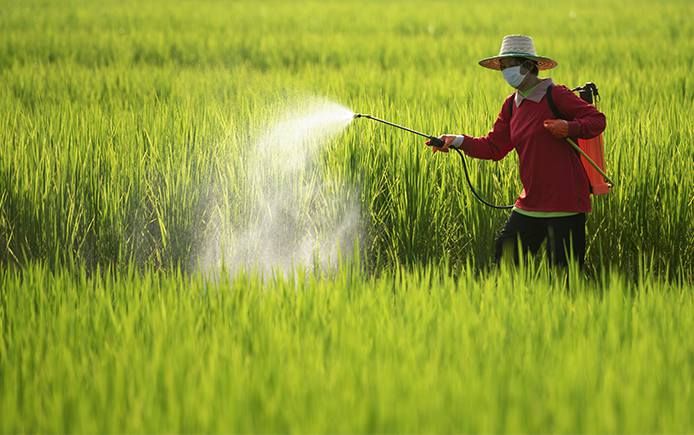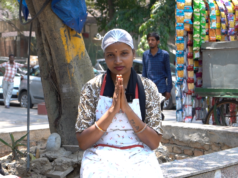On the 14th of May 2020, the Ministry of Agriculture and Farmers Welfare published a draft order called the Banning of Insecticides Order, 2020. The ministry cited various reasons justifying the ban of each pesticide, including a list of other countries that have banned these pesticides.
This ban is based, at least in part, on the advice of the Anupam Verma Committee set up in 2013. However, of the 27 proposed compounds, six are classified as “green triangle” or unlikely to be harmful, and eight as “blue triangle”, or mildly toxic. 11 are classified as highly or extremely toxic.
One reason that the ministry provided for banning the pesticides in the green and the blue triangle is that producers and interested parties have not submitted reports to them. Pesticide associations like the Crop Care Federation of India say the reason for non-submission or partial submission is that while the Registration Committee added new requirements for their review, they decided not to extend the deadline for submitting those studies.
Take the case of Diuron. The Anupam Verma Committee recommended that the use of diuron should be continued, the only caveat being it should be avoided in areas adjoining water bodies. The 2020 order lists non-submission of the data on bio-efficacy as one of the reasons for the diuron ban. The only other country where it is banned, according to the report, is Mozambique. It is currently in use in the European Union, Australia and the USA. This approach is not limited to Diuron; many banned pesticides are banned in only a handful of other countries. Malathion, an insecticide, is banned only in Syria and the State of Palestine. Deltamethrin, another insecticide, is not banned anywhere else and considered safe enough for household use, but the ban restricts its use in agriculture. It is still approved for use in public health since it has proved useful in malaria control.
India has frequently used the idea of regulatory piggybacking. That is to rely on the regulatory capacity of another state to determine the efficacy of a product. For instance, India allows drug manufacturers to sell drugs in India if regulatory bodies greenlight it in approved countries. This enables them to launch the drug in India without having first to conduct local trials.
However, when relying on regulatory bodies from other countries, it is usual practice to rely on countries that have more regulatory capacity than India or have similar conditions to India. Syria, Mozambique and the State of Palestine hardly fit this bill. They have neither more regulatory capacity and expertise, nor are they agricultural powerhouses.
The list of 27 accounts for around 40% of domestic pesticide usage and would need to be substituted by alternatives. Imported or branded alternatives cost significantly more than the currently used options. The President of the Pesticides Manufacturers and Formulators Association of India, suggests that the cost differential could be over 5x, with domestic pesticides costing as little as Rs. 350 and imported varieties costing as much as Rs. 2,000 per litre.
The ban does not fit in with the focus on helping the stressed agriculture sector and the backdrop of Atmanirbhar Bharat. In an age where the focus is on improving the ease of doing business and reducing regulatory uncertainty, this ban does not inspire much confidence. Farmers and industrial groups have expressed concern over this move.
The secretary of Chemicals and Petrochemicals, under the Ministry of Chemicals and Fertilizers, suggested “wider stakeholder consultations” should take place. Instead of adopting ad-hoc policies and regulatory decisions about what molecules to allow or prohibit, Verma indicates that India should move to regularised 10-year reviews so new information can be incorporated in a more formal and regularised way.
All regulations impose compliance costs on both the business and on government for enforcing those regulations. Bans are the worst form of regulation. Ad-hoc measures such as this ban do not take into consideration the long term seen and unseen effects of the policy. When bans exist, they only provide opportunities for rent-seeking. India also lacks the state capacity to enforce and prosecute violations of this ban. India has only 135 police per 100,000, compared to the global mean of 318. Diverting state resources towards enforcing a ban is not an effective use of limited state capacity. This is even more true given the questionable rationale for banning many of these pesticides.
Read more: SO Musings: Agricultural Policy of Swatantra Party
Post Disclaimer
The opinions expressed in this essay are those of the authors. They do not purport to reflect the opinions or views of CCS.






